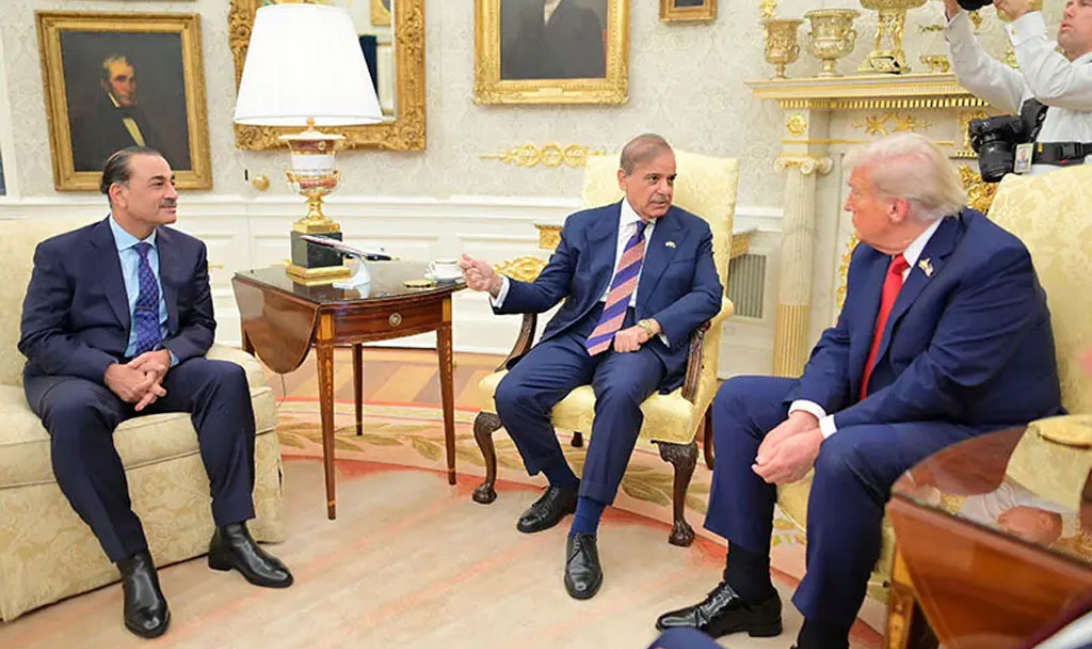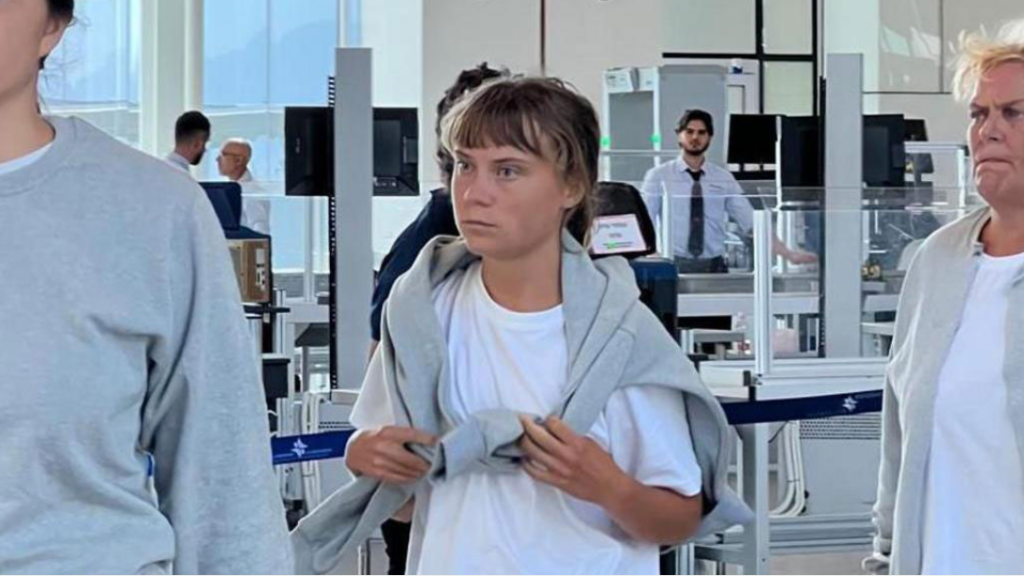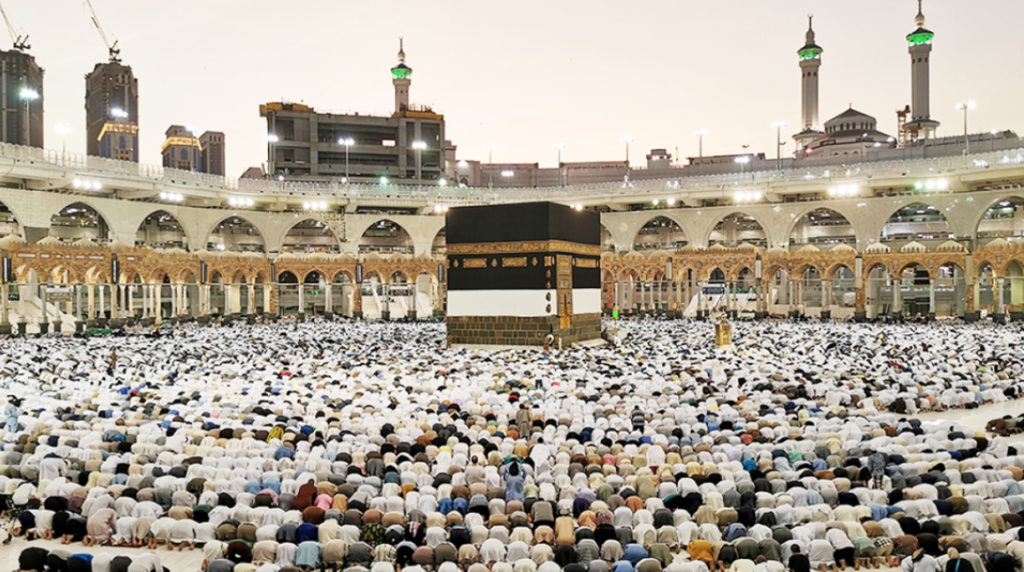Desk Report:
US President Donald Trump met with Pakistani Prime Minister Shahbaz Sharif and Chief of Army Staff (COAS) Field Marshal Asim Munir in the Oval Office in Washington. A statement released by the Pakistani Prime Minister’s Office (PMO) said that US Vice President JD Vance and Secretary of State Marco Rubio were also present at the meeting. The meeting took place on Thursday local time.
Photos released after the meeting show Prime Minister Shahbaz and Field Marshal Munir exchanging views with Trump. Trump is seen giving his characteristic thumbs up and smiling in a group photo session.
The closed-door meeting was scheduled to begin at 4:30 pm Washington time, but was delayed by about 30 minutes as President Trump spoke to reporters after signing the executive order. The meeting lasted about 1 hour and 20 minutes.
Photos released before the meeting from the White House press pool show Prime Minister Shahbaz and Field Marshal Munir waiting in gold-gilded chairs in the Oval Office. Trump was busy with the briefing at the time. At that time, the Pakistani army chief was also seen talking to White House staff. US Secretary of State Rubio entered the room and welcomed the two leaders.
This was the first formal bilateral meeting between the heads of the US and Pakistani governments. Six years ago, in July 2019, then Prime Minister Imran Khan met him during Trump’s first term.
Speaking to reporters before the meeting, Trump said that a “great leader” was coming to the White House. He added, “We have the Prime Minister of Pakistan and the Field Marshal coming… [He] is a great, great man and the Prime Minister is that too!”
President Trump also seemed to be aware of the delay in joining the meeting. Because during the executive order briefing, he told reporters, “They are coming and they may be in this room right now. I don’t know, because we are running late.”
However, the meeting was closed to journalists. Trump does not usually do this. Because he usually invites selected journalists and cameramen to take pictures in the Oval Office. According to an earlier report by Radio Pakistan about the meeting, the two leaders were to discuss “mutual interests and regional and global situations.”
The meeting took place at a time when Prime Minister Shahbaz is on a US visit to attend the 80th session of the United Nations General Assembly (UNGA) in New York.
Earlier, at a media briefing in New York, a senior US State Department official, responding to a question from a reporter from the Pakistani daily Dawn, said that relations between Washington and Islamabad are “gradually warming” during Trump’s second term.
For years, the US has seen India as an ally to counter China’s growing influence in Asia. On the other hand, it considers Pakistan a close ally of China.
US relations with India have started to cool since Trump took office for his second term in January 2025. Making visas more difficult for Indians, Washington’s high tariffs on Indian goods and India’s repeated denials of the president’s claim that he brokered a ceasefire to end the India-Pakistan border tensions in May have made the relationship increasingly complicated.
The US has imposed a 50 percent tariff on Indian goods. Not only that, but Trump has also threatened to impose more tariffs in the future if India does not stop buying oil from Russia. But the Trump administration has imposed only a 19 percent tariff on Pakistani goods. The Pakistani government is trying to reduce that tariff rate. It is believed that the tariff may have been discussed at the meeting on Thursday.
Earlier, Prime Minister Shahbaz Sharif joined Trump on Tuesday at a meeting of leaders of several Muslim-majority countries on Israel’s attack on Gaza and discussed the US president’s peace proposal.
Before meeting Trump, Prime Minister Shahbaz also met with Bangladesh’s Chief Adviser Muhammad Yunus in New York. During the meeting, the Prime Minister reiterated Pakistan’s commitment to strengthening “constructive and visionary relations” with Bangladesh based on mutual respect, trust and a shared desire for regional peace and prosperity.
Muhammad Yunus praised Pakistan’s efforts to deepen ties between the two countries and highlighted the importance of increasing bilateral trade and cultural ties.




